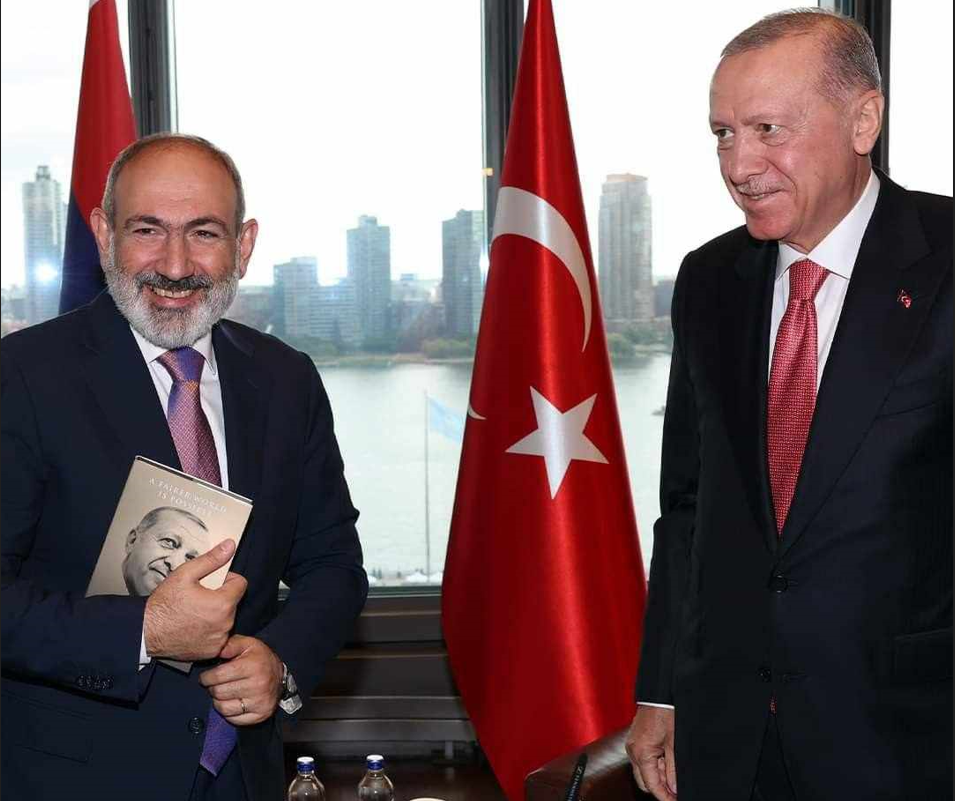A few days ago, in response to my video dedicated to the Armenian Genocide, I received the following comment: “Did you understand what the Prime Minister was saying? Now the question is, didn’t the Armenians live with the Turks for 1000 years? Why did they decide to commit genocide—because people like you joined the Russian-Turkish war?”
I have preserved the original spelling and phrasing to highlight that, in terms of literacy and cultural level, the Prime Minister and his admirers are indistinguishable.
But the issue here is not just the Armenian language or manners of expression—it is, first and foremost, a question of historical knowledge. According to this logic, Armenians lived peacefully and happily in the Ottoman Empire. All the sultans, including the last one, Abdul Hamid, supposedly treated them like their own sons and diligently preserved our monasteries and cultural heritage.
Then, in 1914, World War I began. And Armenians—”like me,” as the commenter puts it—foolishly or traitorously chose to support the Russian Empire instead of serving their “native” Ottoman state, which had allegedly showered them with blessings. As a result, the Young Turk government had “no choice” but to massacre one and a half million Armenians, including women, children, and the elderly—most of whom had no connection whatsoever to the Russian army.
Read also
This version of events closely aligns with the main narrative of official Turkish historiography. ,But it is clear that the pro-Pashinyan commenter did not use official Turkish sources; his source is Pashinyan and his propagandists.
I fear that if Pashinyan remains in power for a few more years, this exact narrative will be enshrined in history textbooks and even infiltrate academic circles. Armenian historians will defend dissertations on topics like: “Why the Genocide Happened: The Betrayal of Armenians Toward the Ottoman Empire and Its Consequences.”
But the “reinterpretation” of history won’t stop there. The events of 1988 will also need rewriting. Judging by Pashinyan’s remarks about the “real Armenia,” the new official version will likely read: “For decades, Armenians lived and thrived in the Nagorno-Karabakh Autonomous Oblast. But in 1988, a group of adventurers, acting under Russian influence, demanded its annexation to Armenia. This was part of Russia’s strategy to keep Armenia under its control and prevent it from achieving true independence.”
You might find it hard to believe that such things could end up in school textbooks. But I assure you—it’s entirely possible. The only real question is: by that point, which country will Armenia actually belong to?
Aram ABRAHAMYAN





















































